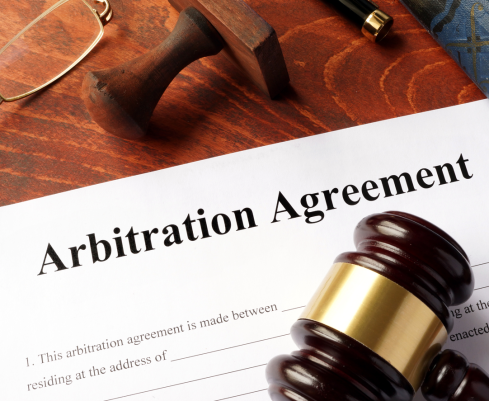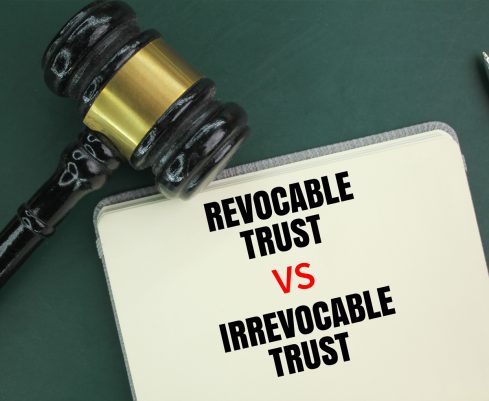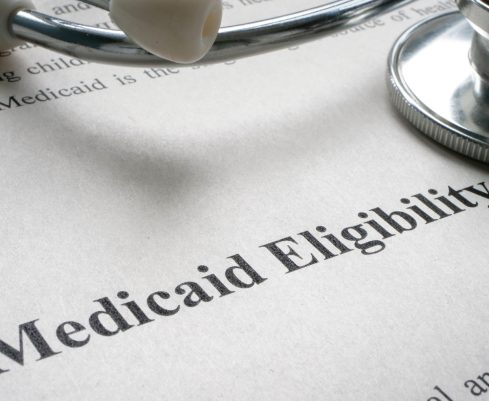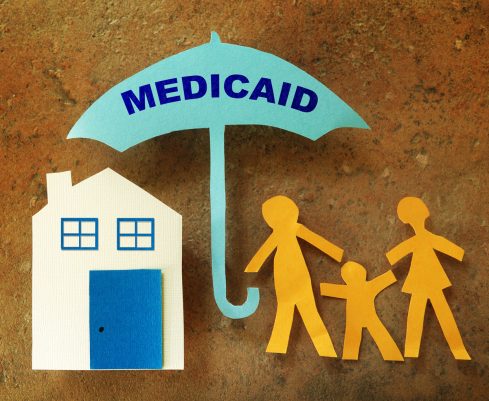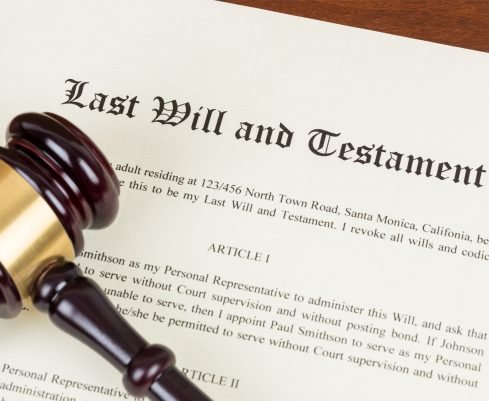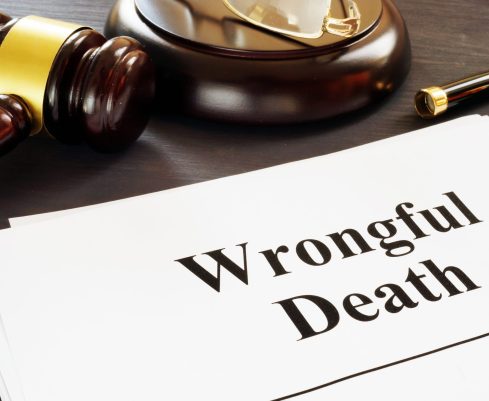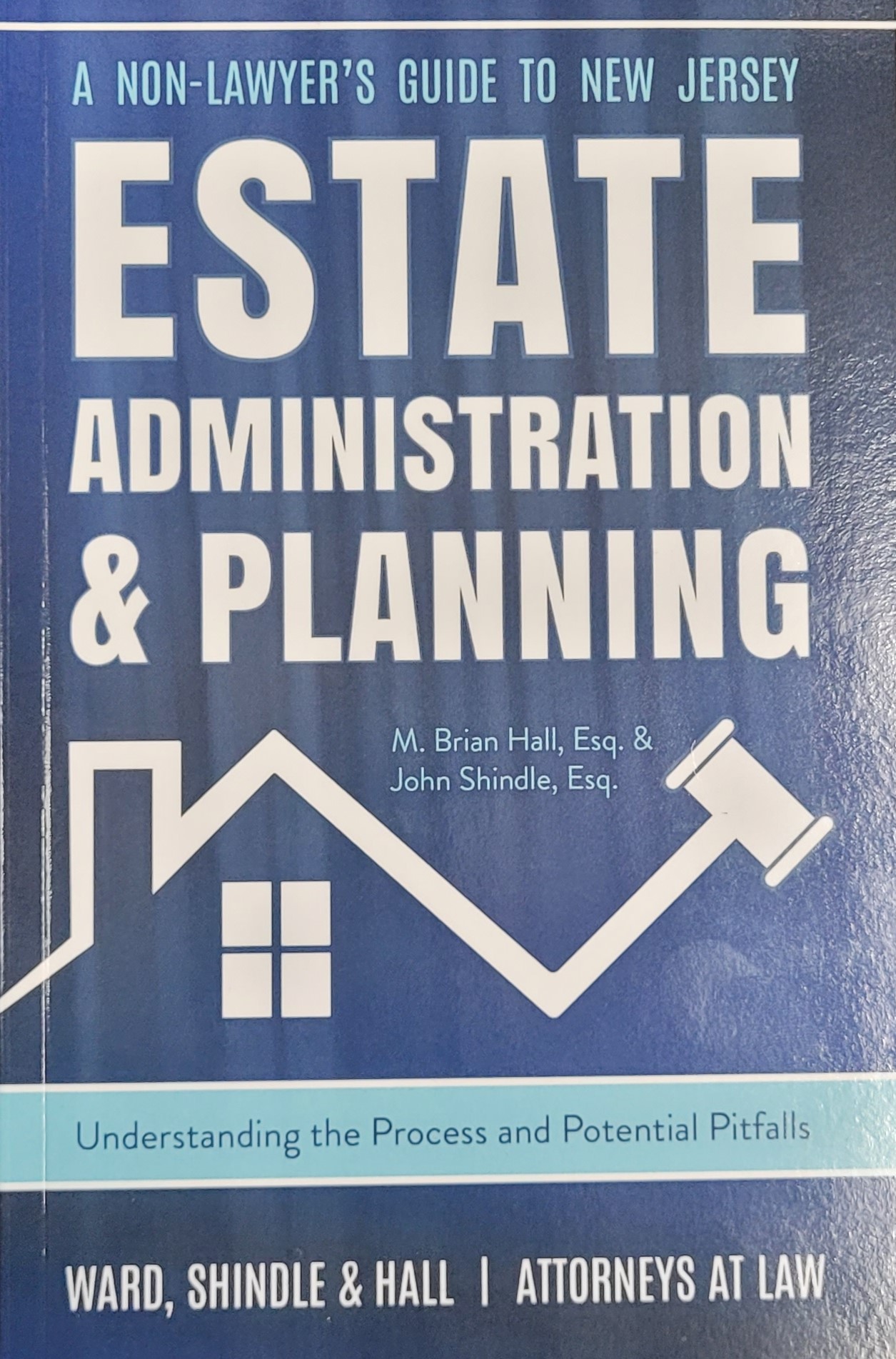The New Jersey estate planning attorneys at Ward, Shindle & Hall help individuals and families plan for the future, execute the administration of estates and, when needed, litigate contested wills and trusts.
Download our FREE E Book, A Non-Lawyer’s Guide To New Jersey Estate Administration & Planning.
Do You Need Legal Assistance With Your Estate Planning?
NJ Estate Law Blogs & Articles
Transnational Inheritance Management between New Jersey and France
When a U.S. citizen inherits or owns property in France, navigating the succession process can be complex. Unlike the U.S., where testamentary freedom is broadly...Continue reading→
Inheriting Assets in Germany While Residing USA
Inheriting assets in Germany while residing in the United States, or vice versa, requires navigating legal systems that approach succession from fundamentally different frameworks. Germany...Continue reading→
Management of Inheritance with Property in Italy and New Jersey
When a deceased person owns real estate or a business in Italy, the succession issue becomes more complex. The laws governing the administration of estates...Continue reading→
Are Arbitration Clauses in Wills Enforceable in New Jersey? A Look at in re Hekemian
Estate litigation is costly and emotional, so it’s no surprise that some testators try to avoid it by including arbitration clauses in their wills. But...Continue reading→
Supplemental Needs Trusts in New Jersey
Supplemental needs trusts (SNT), also known as special needs trusts, are a legal arrangement that allows a disabled person to have assets held by a...Continue reading→
What the Jimmy Buffett Estate Fight Can Teach Families
Know what’s definitely not a cheeseburger in paradise? A drawn-out legal battle between family and trusted advisors. Yet that is exactly what’s happening in the...Continue reading→
Revocable Trusts vs. Irrevocable Trusts: What is the Difference?
Both revocable and irrevocable trusts are used in estate planning, but they serve different purposes and offer different advantages and disadvantages. A revocable trust allows...Continue reading→
What Is New Jersey Medicaid Planning?
New Jersey Medicaid planning is a legal and financial strategy designed to help individuals qualify for Medicaid benefits while preserving as many of their assets...Continue reading→
Understanding the Medicaid Look-Back Period in New Jersey
If you’ve started researching Medicaid planning, you’ve likely come across the term of the Medicaid look-back period in New Jersey. But what exactly does it...Continue reading→
Revocable Living Trust: A Flexible and Practical Estate Planning Tool in New Jersey
When it comes to estate planning in New Jersey, a revocable living trust is a versatile option that can help you manage your assets during...Continue reading→
5 Common Medicaid Planning Mistakes in New Jersey Families Should Avoid
Navigating Medicaid planning mistakes in New Jersey can be challenging, especially when it comes to planning around long-term care. Whether you’re preparing for your own...Continue reading→
What Could Happen When a New Jersey Resident’s Will Is Lost
A caution on what could happen when a New Jersey resident’s Will is lost at the time of their death. When a loved one passes...Continue reading→
Burial Disputes Between Parents in New Jersey
How does NJ settle burial disputes between parents when a child passes away? Every parent’s worst nightmare is to have to bury their child. And...Continue reading→
The Probable Intent Doctrine in New Jersey
The doctrine of probable intent guides courts in construction of a will or trust. It is crucial to use clear, unambiguous language when creating your...Continue reading→
What is Per Stirpes and How Can You Use it in Your Will?
Per Stirpes is a simple method of adding contingent beneficiaries to your will. Deciding who will inherit your assets and estate after you pass away...Continue reading→
Proving Undue Influence In New Jersey
When administering the estate of someone who has passed, the priority should always be to honor their intentions and wishes. In most cases, this can...Continue reading→
Wrongful Death Act In New Jersey
When someone passes due to a wrongful death in New Jersey, there are certain requirements if the family intends to file a wrongful death claim....Continue reading→
Issues With Partition Action In New Jersey
There are many ways to own property jointly in New Jersey, In some instances, if owners cannot agree to how to handle a property, a...Continue reading→







